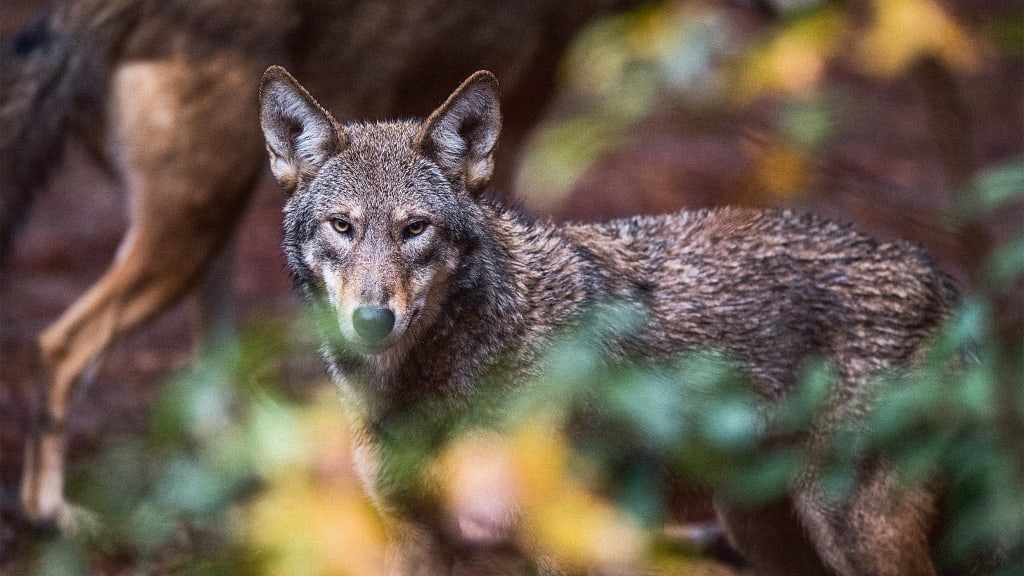
"The concept of de-extinction poses significant legal and ethical challenges while introducing potential solutions for biodiversity conservation."
"Colossal claims to resurrect the dire wolf by sequencing ancient DNA and using gene-editing techniques to address biodiversity issues."
"There's a debate on whether biotechnology can produce real species or just pale imitations, raising questions on conservation policies."
"Legal definitions of 'endangered species' must adapt to incorporate biotechnological advances to effectively protect biodiversity."
Colossal has garnered attention by claiming to resurrect the dire wolf, an extinct species from 12,000 years ago, through advanced biotechnological methods including cloning and gene editing. This initiative raises significant ethical and legal debates surrounding de-extinction and biodiversity conservation. Critics argue that the resulting species may not be true representations of the original, potentially leading to poor imitations. The implications for existing endangered species laws are profound, as rapid advancements in biotechnology may necessitate a reevaluation of legal definitions and frameworks to harmonize the efforts of conservationists with the goals of preserving biodiversity.
Read at Fast Company
Unable to calculate read time
Collection
[
|
...
]